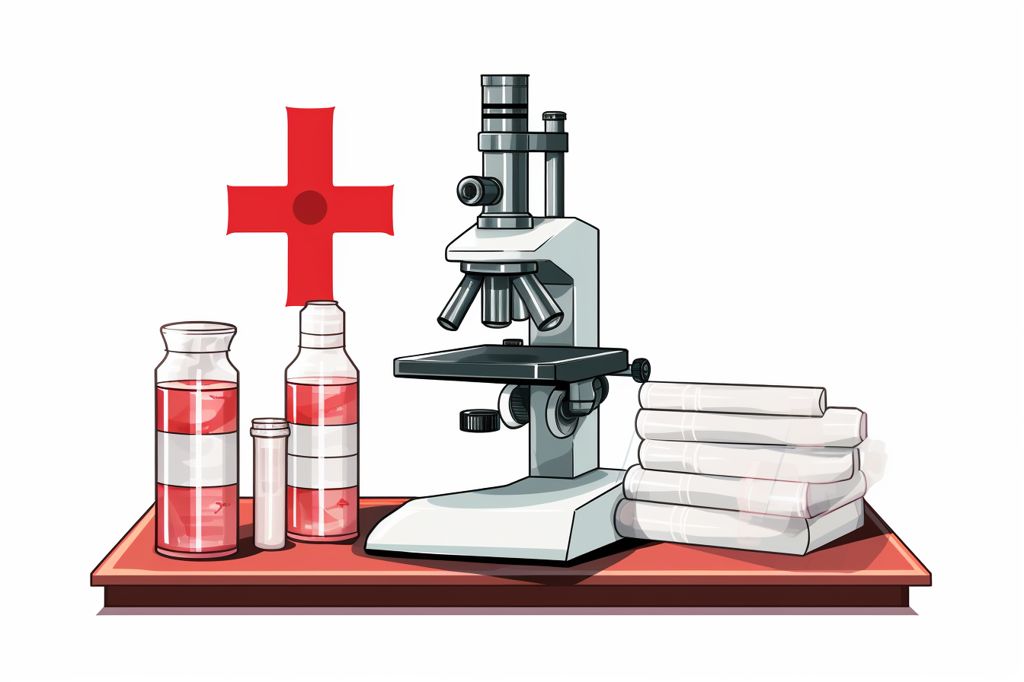Tuberculosis (TB) continues to be a significant global challenge, with South Africa being one of the most affected countries. The recent country statement by Minister Joe Phaahla at the High-Level Meeting on Tuberculosis offers an overview of South Africa’s progress, obstacles, and collaborations in their fight against TB. This article explores the critical aspects of South Africa’s journey since the last UN High-Level Meeting in 2018 and the consequences of their endeavors in the larger global context.
The Continuous Challenge of Tuberculosis
TB remains a considerable health issue in South Africa, with around 300,000 new cases reported each year. In 2022, 224,000 individuals were provided TB treatment, indicating a reduction in the incidence. Nevertheless, the high mortality rate among TB patients is still a cause for concern. HIV plays a significant role in TB infections in the country, with 48% of TB patients in 2022 also being people living with HIV. As a result, South Africa’s National Strategic Plan addresses both HIV and TB, with an extensive Anti-Retroviral program leading to a decrease in TB incidence.
The Influence of COVID-19 and the TB Recovery Strategy
The COVID-19 pandemic hindered South Africa’s efforts to combat TB. In response, the country created a TB Recovery Strategy that engaged all stakeholders, particularly civil society. The plan emphasizes locating missing TB patients, linking them to care, generating demand for TB testing through advocacy and communication, and prioritizing TB prevention and enhancement of data systems.
A New Focus on Testing for Vulnerable Populations
South Africa’s dedication to inclusive healthcare led to a shift from a symptom-based approach to TB testing to proactive testing among high-risk groups, regardless of symptoms. This adjustment resulted in a significant increase in TB testing and contributed to a reduction in the notification gap, from 46% in 2017 to 26% in 2022.
Addressing TB in Children and People Living with HIV
South Africa made remarkable progress in identifying and treating children with TB: 75,694 children received treatment, reaching 79% of the target of 95,500. Additionally, the country provided TB preventive treatment to 97% of the targeted 1.97 million people living with HIV.
Progress in Diagnosis and Treatment for Drug-Resistant TB
South Africa has played a significant role in introducing and scaling up new diagnostic tools and shorter treatment regimens for drug-resistant TB. However, linking patients to care and retaining them in care are challenges that still need to be addressed.
The Potential of TB Vaccines and Tackling Social Determinants
The recent advancement in TB vaccine development offers a promising future, with South Africa actively participating in trials. To achieve long-lasting health outcomes, it is essential to tackle the social determinants of TB, such as poverty, gender inequality, and limited access to education.
The Value of International Cooperation
South Africa’s efforts in addressing TB are marked by achievements, obstacles, and collaborations. The country recognizes that overcoming this global issue requires collective actions that go beyond borders, beliefs, and individual interests. The High-Level Meeting on Tuberculosis serves as a platform to rekindle commitment, allocate resources, and rejuvenate efforts toward the goal of ending TB by 2030. South Africa is prepared to contribute to achieving this collective victory.
References:
- Phaahla, Joe. Minister Joe Phaahla: South Africa’s Country Statement the High-Level Meeting on Tuberculosis. Government of South Africa, 8 March 2023.












